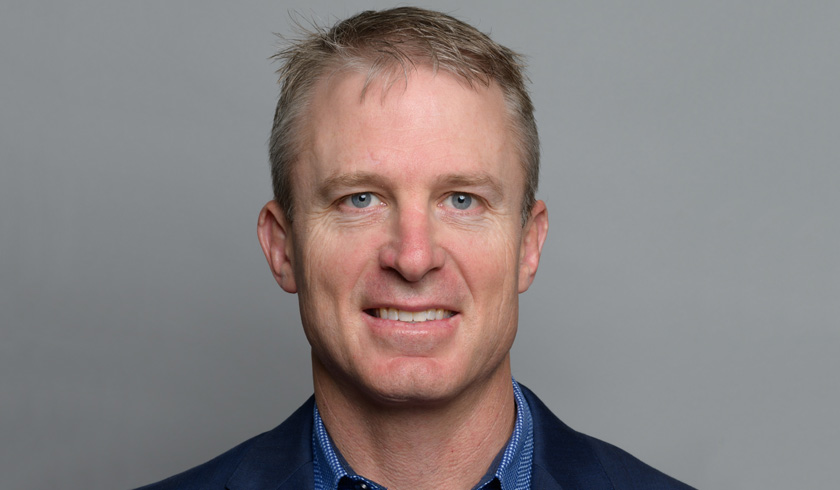5 habits of a successful property investor

Years of working with different types of property investors have allowed Aussie Parramatta’s Ross Le Quesne to identify the five prevailing habits of the highly successful ones – those who have built impressive portfolios with more than 10 properties.
As a mortgage broker and one of the most notable property investment specialists in Australia, Mr Le Quesne has dealt with clients who have acquired as much as 50 properties.
He lists down the habits that differentiate these investors with massive portfolios from everyone else in the real estate market:
1. Understand the fundamentals
First and foremost, successful investors make it a point to familiarise themselves with the basic fundamentals of property investment – from budget and location to cash flow and capital growth.
“It comes down to your ability to hold the property, which comes down to cash flow,” according to Mr Le Quesne.
Being able to purchase the right property is critical to success in the property market. Every asset must have a role to play in the ultimate growth of the portfolio over the long term.
The property specialist explained: “You can have one property that takes all your negative cash flow or you can have 10 properties that takes that same amount of negative cash flow – it is one of the fundamentals.”
“That’s a leveraging get off smart cash flow management.”
2. Balance cash flow and capital growth
To hold properties and buy more assets through the years, investors must be familiar with the impact of rental yields and capital growth on their portfolios.
According to Mr Le Quesne, striking a good balance between the two is one of the most important secrets to success in the business of creating wealth through property.
“Successful investors understand how much negative cash flow they can afford from a month-to-month basis, and they balance that,” he said.
3. Use a ‘strategic point of view’
Since property investment is one of the biggest financial commitments that they could make, smart investors make it a point to “strategise” in order to minimise risks and ultimately maintain good serviceability and borrowing capacity.
“They’ll take on strategies like ‘Where in my portfolio can I add a granny flat that’s going to increase my cash flow and increase my serviceability?’ They’ll look at it from a strategic point of view so they can look after their cash flow,” he said.
Mr Le Quesne advised investors to be as active as they could be, managing and reviewing their rents and other numbers that make up their portfolio regularly.
Investors must also be familiar with the impact of interest rates, which can differ depending on the lender and change based on the movements of the market.
“You might be paying 5 per cent on your interest-only investment loan, but with that same lender, you can get a fixed rate at 4.2 per cent. What’s the difference of a 0.8 per cent over $1 million on your portfolio? It’s $8,000 a year in cash flow,” Mr Le Quesne highlighted.
“Successful investors are looking at things like that to really manage their cash flow… We say… ‘Cash flow is king’. It’s about having those buffers.”
4. Look at the bigger picture
While choosing a perfect strategy is critical to success, the most sophisticated investors rarely stick to one strategy throughout their entire wealth-creation journey.
After all, there’s no such thing as a “foolproof strategy” in a venture as unpredictable as property investment and focusing on just one strategy can limit their opportunities in the market, according to Mr Le Quesne.
Successful investors, instead, strive to be open about the changes in the market – making the necessary adjustments and decisions that are based on market conditions as well as their personal goals, capabilities, and limitations as an investor.
Mr Le Quesne said: “Looking at the bigger picture is important as well. Sometimes, people are focused on ‘I only want to deal with a big four bank’, which limits their ability to grow a portfolio.”
“The asset selection around cash flow and having all these other factors in to really managing your cash flow to hold property long-term [are] really important.”
5. Have a good team of professionals
Lastly, but certainly not the least, successful property investors attest to the incredible value added by a dependable financial team to their portfolio.
A team of buyer’s agents, accountants, and other property professionals help them assess their goals and determine the next best step to take in order to achieve them.
“We sort of look at where you’re going and what you’re doing, and I think that’s key... The mistakes that the not-so-good investors make is simply buying the wrong property,” Mr Le Quesne concluded.
